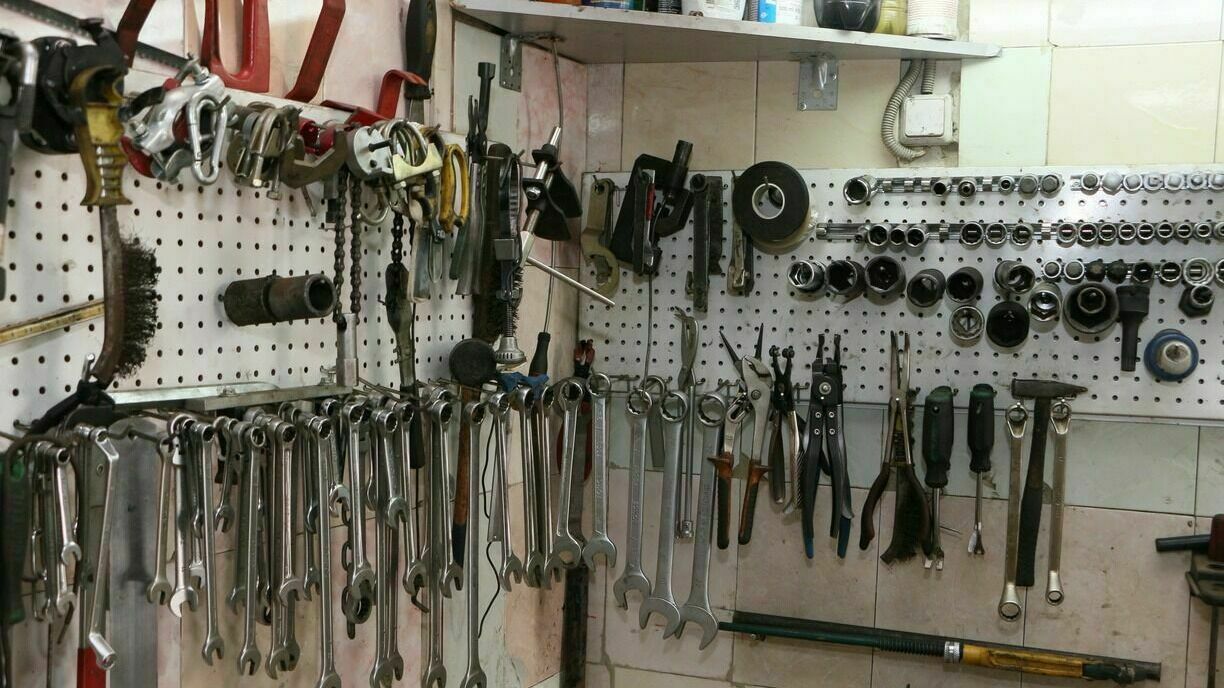Posted 22 февраля 2023, 06:36
Published 22 февраля 2023, 06:36
Modified 22 февраля 2023, 06:54
Updated 22 февраля 2023, 06:54

Izvestia: the country will have an industry for the restoration of used auto parts
"The document states: if this is not done, then under the conditions of sanctions it may become one of the reasons for the mass failure of the car. One of the main proposals is to regulate the procedure for recycling cars with the reuse of components and oblige investors who create car production in Russia to also restore parts", - Izvestia reports.
In Russia, there is practically no industry for the restoration and use of used spare parts, while in many countries such a mechanism is widely used and supported by the state, including in the USA, EU, China, Turkey, South Africa. It is noted that the turnover of previously used parts for car repairs is in some cases up to 50%. The interest of the state is associated with savings in production, because the repair of parts is 50% cheaper than their production, and energy consumption is reduced by 60%.
The deputies propose to adopt legislation on the procedure for recycling cars with the reuse of spare parts, oblige automakers in the territory of the Russian Federation to restore used components, introduce labeling of such parts. Automakers want to oblige to disclose service and technical documentation for cars. In addition, it is proposed to involve SMEs in the process and provide economic or tax benefits for them, as well as create a center for combining service stations and restorers of used spare parts.
The Russian Union of Motor Insurers supported the proposal, noting the difficulties encountered with the repair of fleets in the country. Vice-president of the association "Russian Car Dealers" Alexey Podschekoldin also notes that not all parts are suitable for reuse after repair. In his opinion, it is necessary to make a list of details that will be subject to the prohibition of reuse. He also called it unlikely that Western automakers will share technical documentation. Founder and main shareholder of Kaliningrad "Avtotor" (Kia, Hyundai and BMW were produced at the plant before the SMO) Vladimir Shcherbakov supported the idea, noting that in the Russian Federation it is necessary to master engine overhauls to combat counterfeiting, but the transfer of such functions to small service stations needs careful analysis.
"These are complex, subtle technologies that require high accuracy parameters. We have a huge number of service stations in our country, including branded foreign brands. But they can't do major repairs. There you can only sort out the engine with the replacement of a failed part. Service stations cannot guarantee safety", - Shcherbakov said.
A representative of AVTOVAZ, in an interview with the publication, noted concern about the reliability of used spare parts and the manufacturability of their manufacture, adding that this may affect the safety of the car.
"The restoration of used parts is a one—time measure to maintain the operation of fleets, and in relation to only those spare parts that have ceased to be imported into Russia. But in a situation of limited finances, it is rational to invest in something that will work for the future and pay off, and not in point solutions", - Izvestia quotes the words of a representative in another automaker company.
Alexey Bredikhin, director of the ACRA group of ratings of financial institutions, said there was a serious shortage of components for cars. He added that the Central Bank had previously opposed the use of used spare parts for CTP repairs because of the potential threat to road safety. At the same time, the creation of an industry can reduce risks. According to the expert, the establishment of such production will take at least a year.
Sergey Burgazliev, an automotive industry consultant, considers the idea viable, but noted that much will depend on implementation. According to him, the mechanism is more suitable for repairing light commercial vehicles (LCVs) and trucks, but not passenger cars.